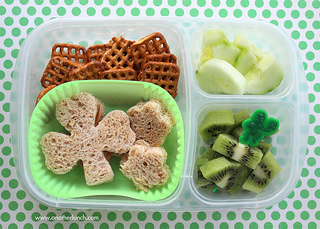When you are stuck at home, everyone tends to have their own ways to occupy that time individually. It’s also fun to have some activities you can do all together. Board games, puzzles and movie nights are always great options.
But, if you want to create something together that will be a keepsake to enjoy in the future, consider making a family time capsule. You can use materials you already have on hand at home. Working on this project together can also remind us that there is more going on in our lives than just the coronavirus, the things we enjoyed before this and what we have to look forward to when this time is over.
How to Make a Family Time Capsule
Creating a family time capsule is a fun way to preserve what life is like today, to look back on it in the future. Just 5 or 10 years is plenty of time for things to change. When you open the time capsule you can look back and see how things are different and whether some things remain the same. Making a time capsule with an au pair adds another layer to this idea. You can include traditions or recipes she has shared with your family.
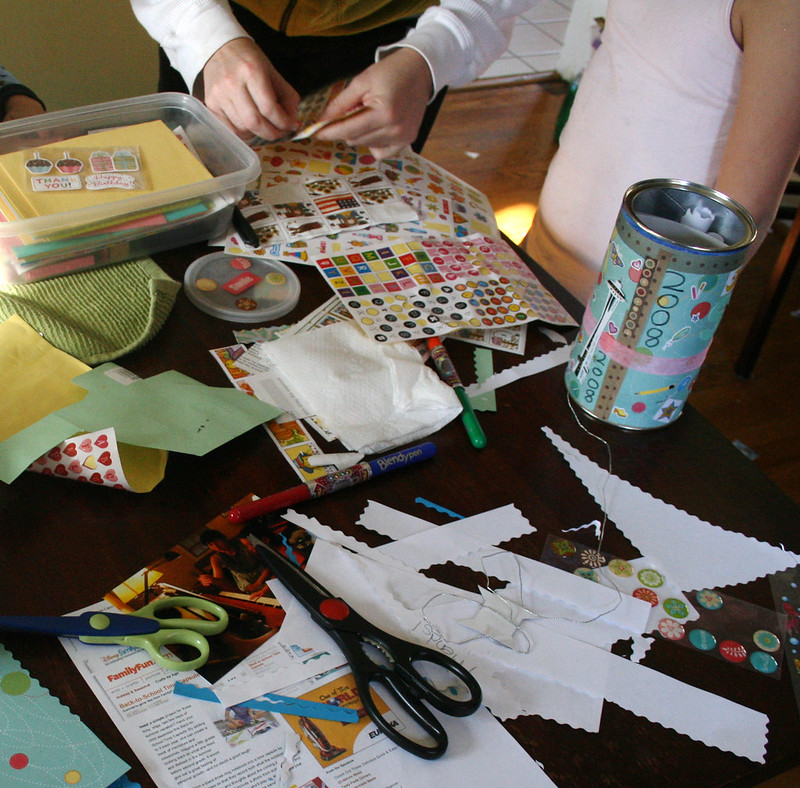
There are many online articles about what to include in a time capsule and how to make one. Here are a few basic ideas to get you started:
Pick a container – A large canister, plastic jar or any container with a lid that fits on tightly. Decide where you will store the time capsule to make sure you pick a container that is appropriate. Packing it away in the attic or basement is probably safer than burying it.
Decorate the container – You can decorate the container if you will be packing it away somewhere indoors.
Fill it up – The possibilities are limited only by your imagination (and the size of your container). Here are some things you may want to include:
Family photos – children’s artwork – letter to future self – newspaper, magazine pages showing popular hairstyles and fashion trends – postcards from most recent family vacation – list of prices of common items (gallon of gas, loaf of bread, etc) – tickets from movies or events, family recipe – a list of favorite things – pop culture list (movies, TV shows & music that are popular) – tracing of the children’s hands – something in each child’s handwriting – list of the technology devices you use now
Decide when you will open it – This could be in a certain number of years or on a special occasion in the future (child’s high school graduation, au pair returning to visit, family reunion).
Photo: Woodleywonderworks
 Mother’s Day recognizes mothers, motherhood, and maternal bonds in general, as well as the positive contributions that they make to society. It is celebrated in the United States on the second Sunday in May. It was established by Anna Jarvis, with the first official Mother’s Day was celebrated at St. Andrew’s Methodist Church in Grafton, West Virginia, on May 10, 1908.
Mother’s Day recognizes mothers, motherhood, and maternal bonds in general, as well as the positive contributions that they make to society. It is celebrated in the United States on the second Sunday in May. It was established by Anna Jarvis, with the first official Mother’s Day was celebrated at St. Andrew’s Methodist Church in Grafton, West Virginia, on May 10, 1908.
 We live in a time of constant sharing through social media. We often share pictures, plans of somewhere we are going or rants about problems, without thinking much about who will see it and what could be the consequences.
We live in a time of constant sharing through social media. We often share pictures, plans of somewhere we are going or rants about problems, without thinking much about who will see it and what could be the consequences.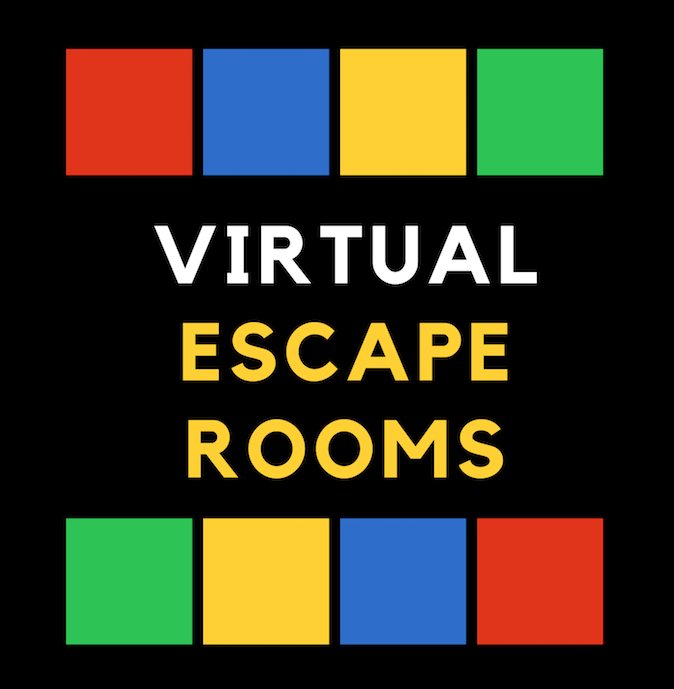

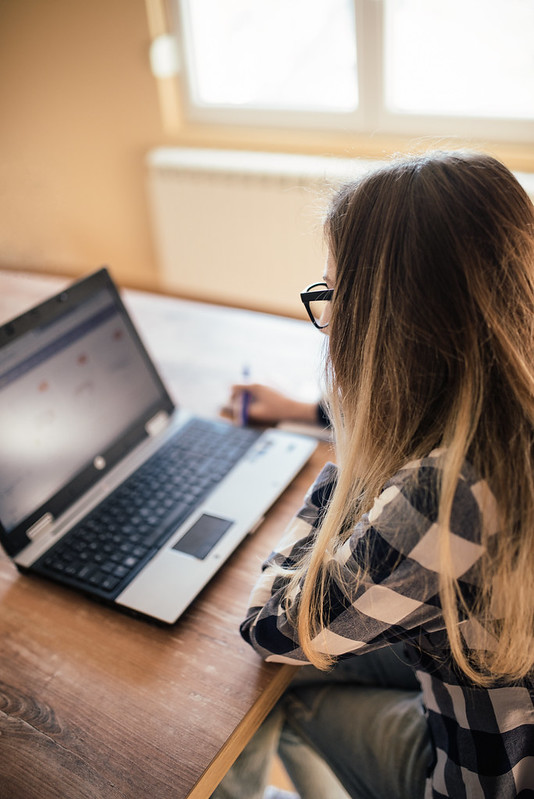
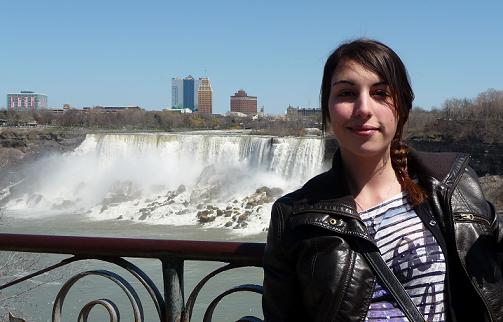
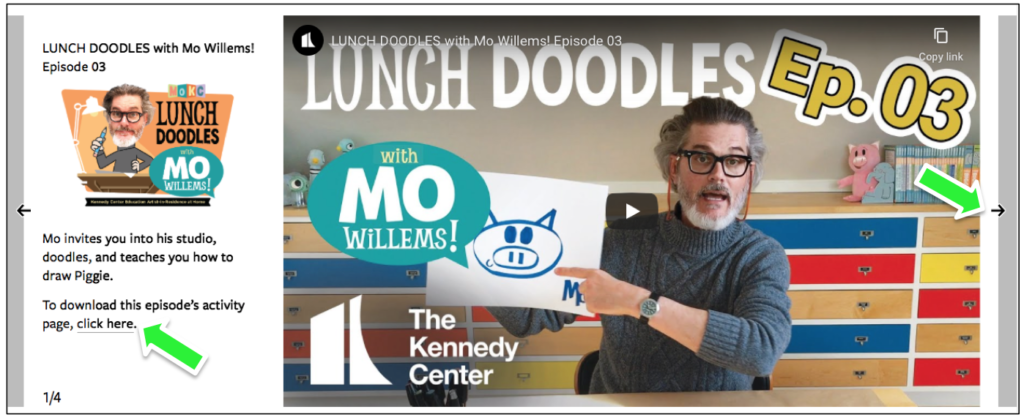
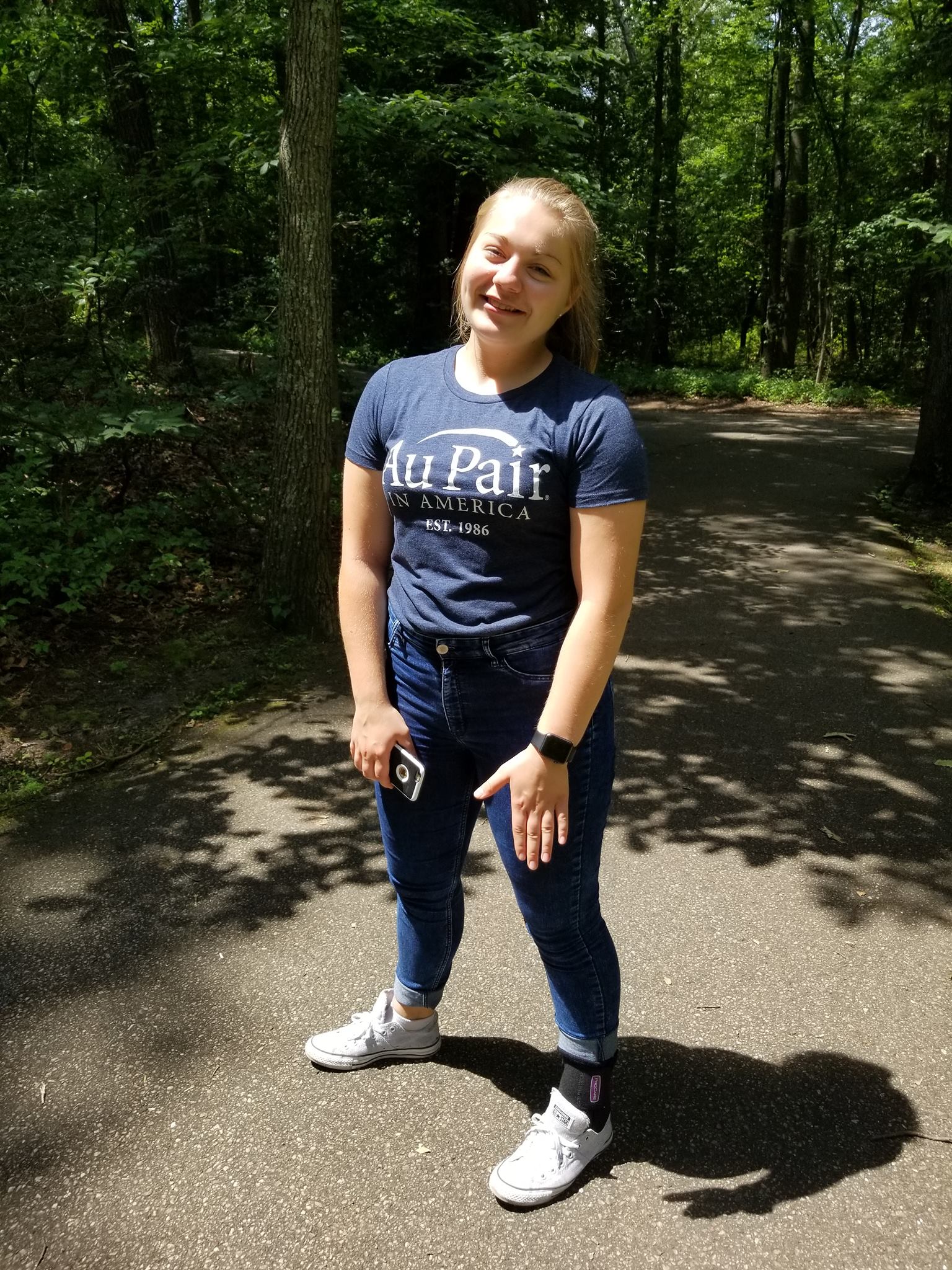
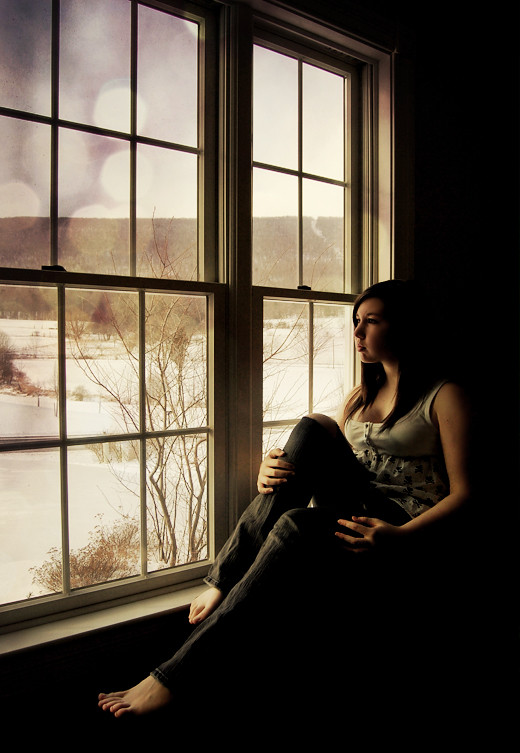 What is social distancing?
What is social distancing?